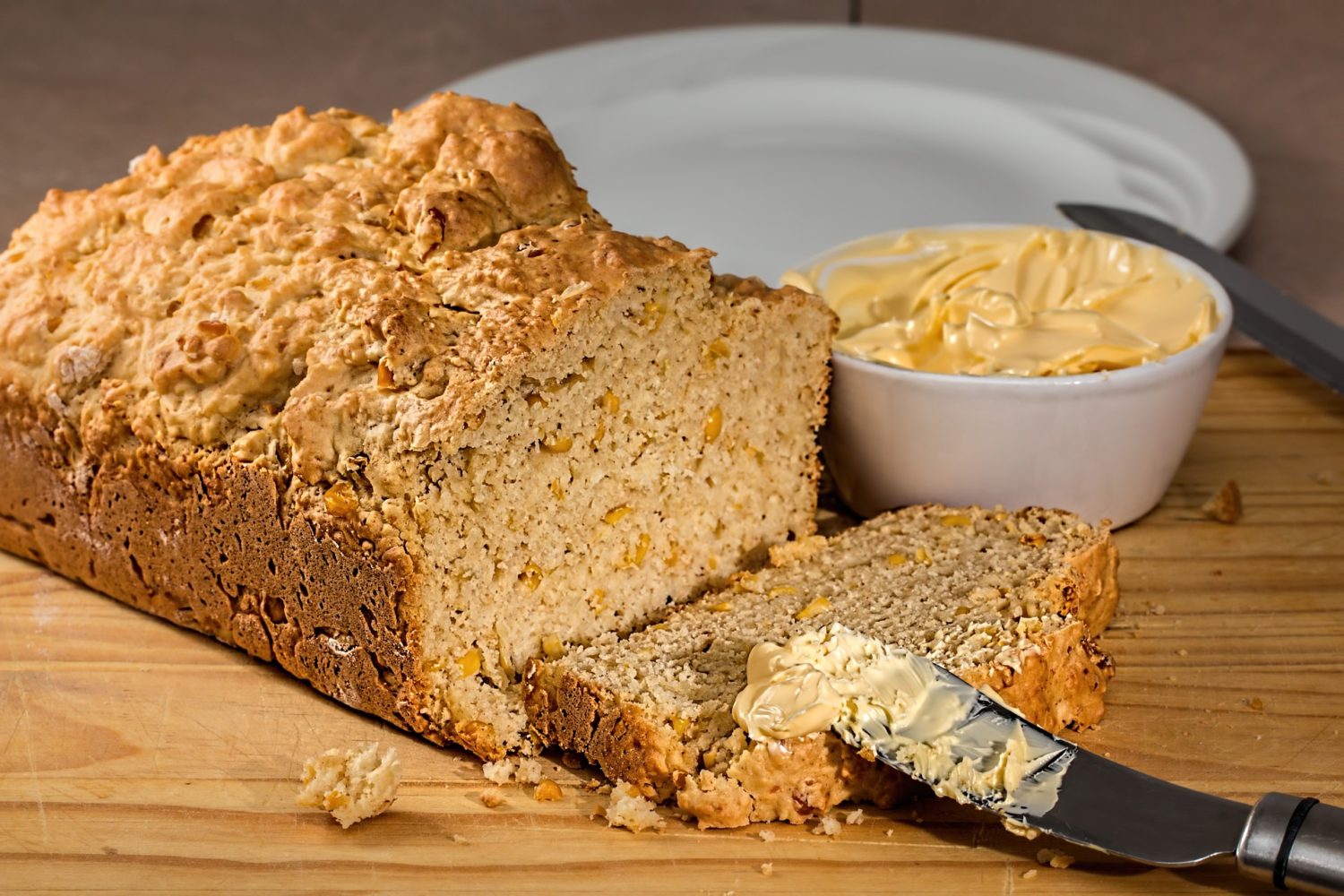Guilt is to danger, what fire is to gunpowder; a man need not fear to walk among many barrels of powder, if he have no fire about him. -John Flavel
Alzheimer’s disease is savagely clever enemy to those it inflicts. It symptoms “start” innocently enough as a forgotten phone number or missed appointment. Then it lurks in the background of the victim’s life, chipping, churning, trimming, burning, snipping…then pausing. It is a diligent foe, though, and keeps busy breaking pathways, co-opting neurotransmitters, spinning tangles, wadding plaques. It strategically coerces materials that are already being used in the brain to mutiny and work to overthrow the king. The same proteins and chemicals that expand knowledge, allow oboe playing, remember 50 first dates and recall passwords for your Amazon account work against it to unravel them all. And the long goodbye begins. 🙁 The point of this piece, though, isn’t to focus on these truths. I have tiptoed through those tulips plenty lately and will undoubtedly mash them under foot again soon enough. Instead I want to revisit and try to explain caregiver guilt… and try to offer some hope.

Alzheimer’s (and dementia in general) lies through its razor blade teeth to caregivers. Dailycaring.com, in a helpful article entitled “5 TIPS FOR DEALING WITH CAREGIVER GUILT IN DEMENTIA CARE“, did a nice job briefly laying out some positive steps in dealing with this disease in a pithy format that ever-busy caregivers can quickly digest and make use of. The piece addresses these disease’s lies through what it refers to as “5 misconceptions and tips for dealing with caregiver guilt”. It cites:
- Other caregivers are doing a better job.
- I treated my older adult poorly before their dementia diagnosis.
- I have negative thoughts and feelings about my older adult.
- I get angry or irritated and sometimes lose my temper.
- I shouldn’t want time for myself, but I do.
Can’t you hear the enemy whispering this venom, whether you prefer to label the enemy as Alzheimer’s, as death or as the devil? I have struggled with each of these feelings frequently in the last few years, particularly heightened in the last 6 months since we decided that we couldn’t any longer guarantee mom’s safety at home and was forced to move her to memory care. While each has it own little footholds in my experience, I would like to briefly try to slay the last one first.
Few things have made me feel more guilty than having a break from dwelling on the disease and exchanging this cold, heavy blanket for the light sheet of fun. I am writing this piece from a vacation destination that ends very soon. Any time I catch myself having too much fun the enemy reminds me “Yeah, but your mom is struggling and she would like to be having fun too”. This fact is what personifies the disease to me. It is personal.
So what can I/we do about this guilt that invades all joy? Here are a few tips that can help if you/I let them:
- A happy, mentally rejuvenated you is a better caregiver than a worn out you. I completely acknowledge that this is straight from Overused Cliches 101, but when the plane is going down, you first put on the oxygen mask on yourself then you put it on the kids. A passed out you cannot help the kids. A happy, rejuvenated you is more creative, is more alert/sober-minded, and is more sharp in seeing and knowing how to address the many obstacles this enemy will heave at you.
- Your family and relationships still matter. Anyone who loves you will understand and appreciate your sacrifices and your challenges in caring for your loved one. However, neglecting these relationships can turn into missed opportunities to allow loved ones to assist you, for their benefit and for yours, and to pray for you as well.
- Your loved one would be happy to know you had fun and knows in his/her heart that you will return soon.
- Fun, and its friendly bedfellow Rest, help shield you from illness, both physical and emotional/mental.
- If it makes it easier to forgive yourself for having some downtime, enrich your time away with something that will directly help your caregiving. Find a Alzheimer’s support group through the Alzheimer’s Association. (Link) or find a StressBuster group similar to the one SeniorAge and the Alzheimer’s Association collaborate on. (Link)
- Double dip and have some fun that incorporates exercise. A stronger and more resilient you will handle the rigors of care better. 🙂
- Fun reminds you that not all is bad in the world. Caregiving can be completely isolating, especially in memory care caregiving. Many experience the feeling of not remembering how to have fun. Find a way and jog your memory for your sake and your loved one’s as well.
- Have some fun to spite the enemy. Don’t let it win. It doesn’t deserve the win.
- Double dip and also have some fun that heals your spiritual self as well. Fellowship with spiritual peers and help them at the same time. Simple math…divide sorrow and multiply joy with them through these times.
- Find things in your fun and/or downtime that will make life easier. While it is absolutely fine to try to block out the situation while you are away, it may be impractical. However, the more tools in your tool belt you can accumulate, the better you can handle the care when times get rough.
I still have a lot of work to do to master this area of my current life.
Mom had another excellent day today although I sense the streak is on wobbly ground in the short run and is of minimal consequence long-term. For now, though, we will enjoy the wins and the better times knowing both what we have trod through and what is to come.
For the rest of my mini-vacation, I will stop dwelling about the potential gunpowder flames and will exchange the guilt for the joy this foundation strengthening time that will make me a better caregiver in the future.
Happy St. Patty’s day to you all!
#EndALZ
